
From The Customer-centric Entrepreneur Project
Ghana stands at a critical intersection where environmental degradation, public health challenges, and climate commitments converge. The nation’s plastic waste crisis—with 900 million bottles discarded annually—represents not just a sanitation nightmare but a missed opportunity for climate action.
The Mohinani rPET Project offers an elegant solution that addresses multiple national priorities simultaneously, proving that environmental sustainability and economic development need not be competing interests.
The support for initiatives such as the “Clean Ghana” campaign and the National Sanitation Day reflects a collective desire for cleaner streets, healthier communities, and more liveable cities.
Yet despite commendable efforts, plastic waste continues to overwhelm our sanitation infrastructure. Walk through any Ghanaian city—from Accra to Kumasi to Takoradi—and you will encounter the same scene: plastic bottles clogging gutters, littering markets, and accumulating in vacant lots.
The rPET recycling initiative represents the missing link in Ghana’s sanitation strategy. While clean-up campaigns address symptoms, recycling tackles the root cause by removing plastic waste from the environment permanently and transforming it into valuable raw materials.
By establishing a robust collection and recycling infrastructure through the Mohinani rPET Project, Ghana can achieve what clean-up drives alone cannot: a sustainable, long-term solution to plastic pollution.
This alignment goes beyond mere complementarity. A functioning recycling system creates economic incentives for waste collection, turning every discarded bottle into a commodity with tangible value. Suddenly, the informal sector workers who have long struggled at the margins of Ghana’s economy become essential partners in national sanitation efforts. Any “Clean Ghana” campaign gains powerful new allies motivated not just by civic duty but by economic opportunity.
Meeting our paris agreement commitments
Ghana’s Nationally Determined Contributions (NDCs) under the Paris Agreement commit the nation to reducing greenhouse gas emissions and building climate resilience. These commitments reflect Ghana’s recognition that climate change poses existential threats to our agriculture, water resources, and coastal communities. Yet transforming these pledges into concrete action requires practical interventions that deliver measurable emissions reductions.
The rPET recycling initiative represents precisely such an intervention. rPET production requires 75% less energy than producing new PET plastic. At scale—processing 18,000 tonnes of plastic waste annually—the Mohinani rPET Project will prevent between 10,000 and 25,000 tonnes of carbon dioxide equivalent emissions each year, primarily by reducing the need for new, fossil fuel-intensive plastic production. To put this in perspective, that’s equivalent to removing 2,200 to 5,400 passenger cars from Ghana’s roads annually.
These are not abstract numbers. They represent real progress toward Ghana’s climate goals, achieved through industrial development rather than economic sacrifice. Every tonne of recycled PET produced in Ghana is a tonne of virgin PET that does not need to be imported, manufactured through energy-intensive processes, and transported across oceans. The climate benefits multiply across the entire value chain.
Moreover, the project positions Ghana to access international climate finance mechanisms. Green bonds, climate funds, and carbon credit markets increasingly favour concrete projects with verifiable emissions reductions. The rPET initiative’s quantifiable environmental benefits make it an attractive candidate for such funding, potentially catalysing additional investment in Ghana’s green economy.
The dual benefits: Sanitation and climate
What makes the Mohinani rPET Project particularly powerful is how it delivers dual benefits that reinforce each other. Improved sanitation does not come at the expense of climate action—it enables it. Similarly, reducing emissions does not require sacrificing development goals—it drives industrial growth.
Consider Ghana’s annual flooding crises. Blocked drainage systems, clogged with plastic waste, turn seasonal rains into urban disasters. These floods damage property, disrupt commerce, spread disease, and claim lives. The economic costs run into millions of cedis annually. By removing plastic bottles from the waste stream, the rPET initiative reduces the volume of material that clogs our drainage infrastructure, directly contributing to flood mitigation.
The climate connection here extends beyond carbon emissions. Better drainage systems improve urban resilience to the increasingly intense rainfall events that climate scientists predict will become more common. By addressing plastic pollution, we simultaneously strengthen our adaptation to climate change impacts we cannot prevent.
Similarly, the project’s impact on Ghana’s waterways creates compounding benefits. Plastic pollution in rivers and coastal areas does not just offend aesthetic sensibilities—it disrupts ecosystems that provide critical services. Healthy wetlands buffer storm surges, filter water, and support fisheries that feed millions. By keeping plastic out of these environments, we preserve natural systems that will prove increasingly valuable as climate pressures intensify.
A model for integrated policy
The Mohinani rPET Project demonstrates what integrated policymaking looks like in practice. Rather than treating environmental, health, and climate challenges as separate problems requiring separate solutions, it recognises their interconnection and addresses multiple priorities through a single strategic intervention.
This approach offers important lessons for other sectors. Ghana’s development challenges—from energy access to food security to urban planning—all intersect with climate and environmental considerations. Solutions that address these nexus points deliver disproportionate value, maximising impact per cedi invested.
The project also illustrates how climate action can drive rather than constrain economic development. The narrative that positions environmental protection as a luxury Ghana cannot afford is not just wrong—it is dangerous.
The Mohinani rPET initiative will create 150-200 direct jobs and thousands more across its value chain while simultaneously advancing climate goals. It will save Ghana $27 million annually in import substitution while reducing emissions. This is development done right: inclusive, sustainable, and aligned with 21st-century economic realities.
The path forward
For the rPET initiative to realise its full potential as a solution to multiple crises, it requires coordinated action across government ministries. The Ministry of Environment, Science, Technology and Innovation (MESTI) must champion environmental benefits. The Ministry of Finance should recognise economic opportunities. The Ministry of Local Government must integrate recycling into sanitation planning. The Ministry of Energy should account for emissions reductions toward climate targets.
This coordination need not be complicated. The Mohinani rPET Project provides a concrete focal point around which these efforts can converge. Government can serve as champion and co-brander, ensuring the initiative receives the policy support, regulatory facilitation, and public endorsement necessary for success.
The various “Clean Ghana” campaigns from the current and previous governments have awakened national consciousness about our sanitation challenges. Our Paris Agreement commitments have formalised our climate responsibilities. The Mohinani rPET Project offers a pathway to honour both while building industrial capacity and creating jobs. This is the kind of solution Ghana needs: practical, scalable, and aligned with multiple national priorities.
The plastic bottles that currently blight our landscapes and clog our drains can become the foundation of a cleaner, more sustainable future. But only if we act decisively to establish the infrastructure, policies, and partnerships necessary to make recycling a reality. The crises are converging. Fortunately, so are the solutions.
For information on upcoming entrepreneurship initiatives regarding rPET, contact The Customer-centric Entrepreneur Project on 233 24 306 5555
The post Clean Ghana meets climate action: The rPET solution to multiple crises appeared first on The Business & Financial Times.
Read Full Story
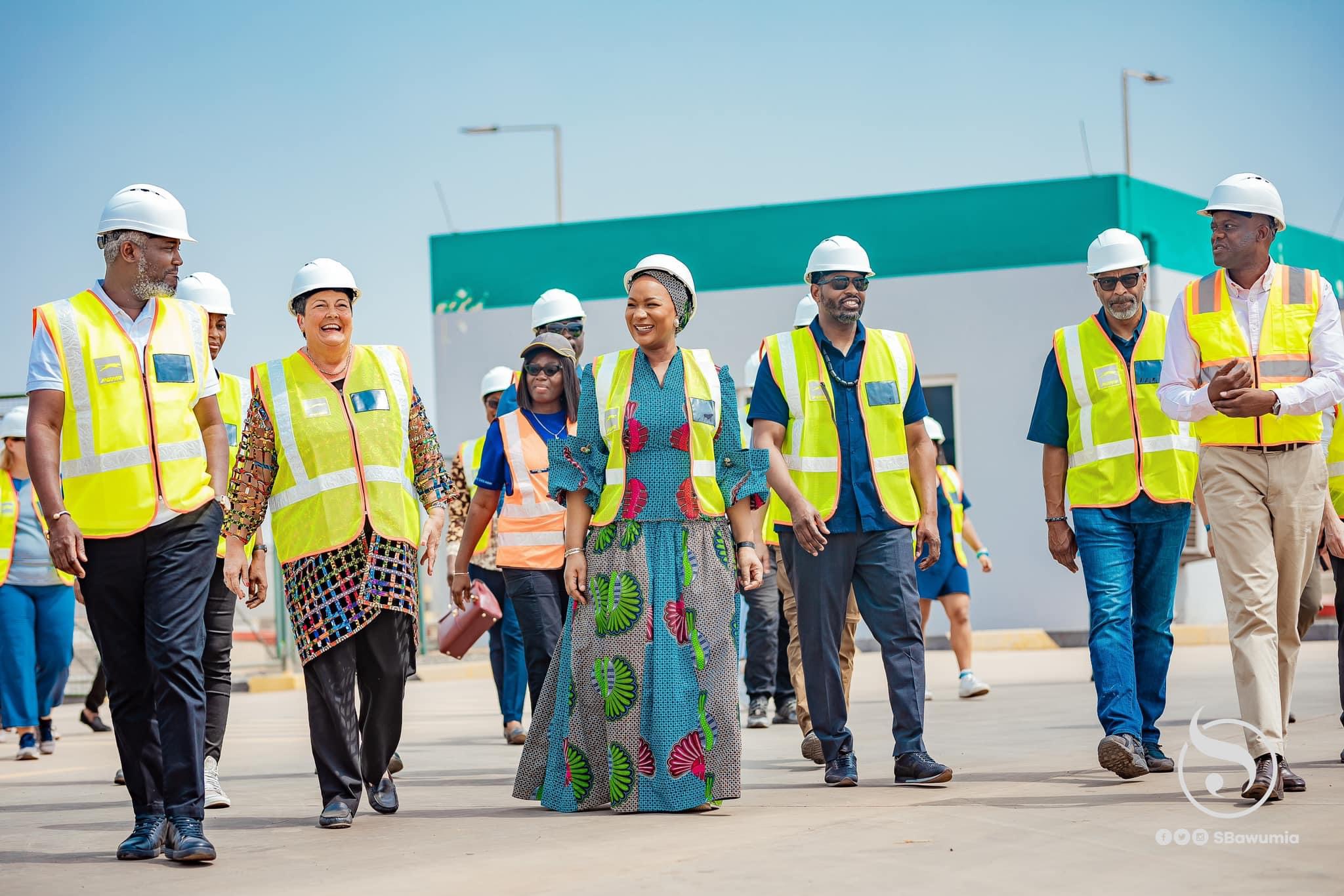



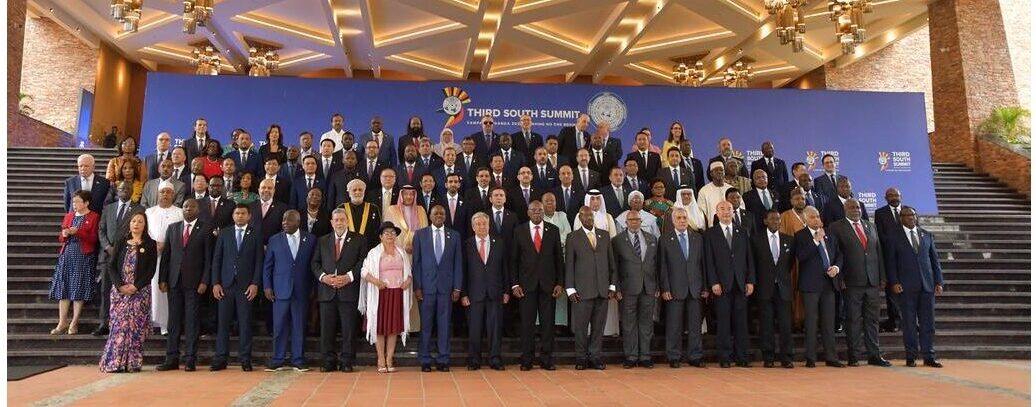



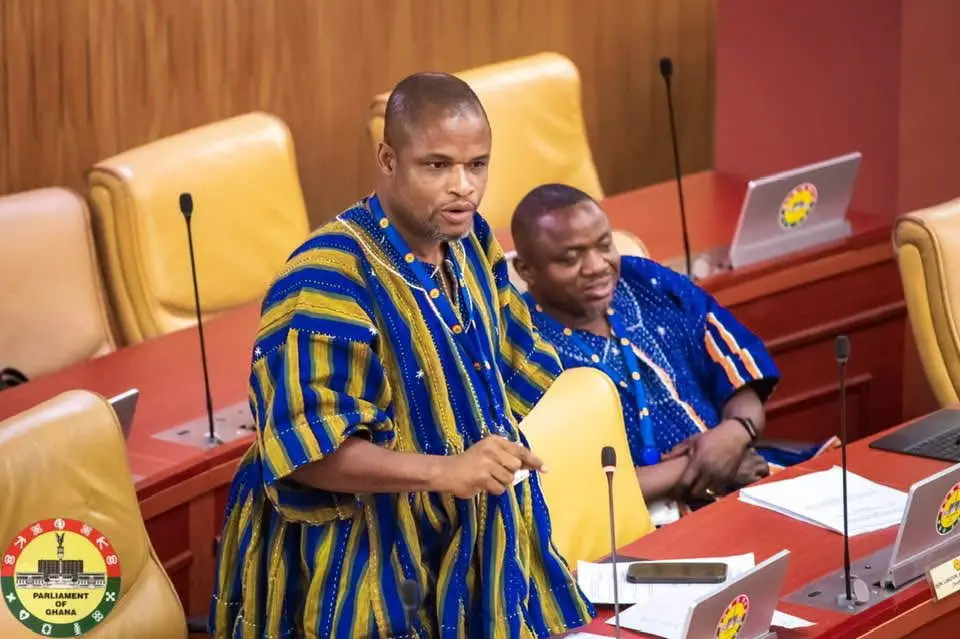




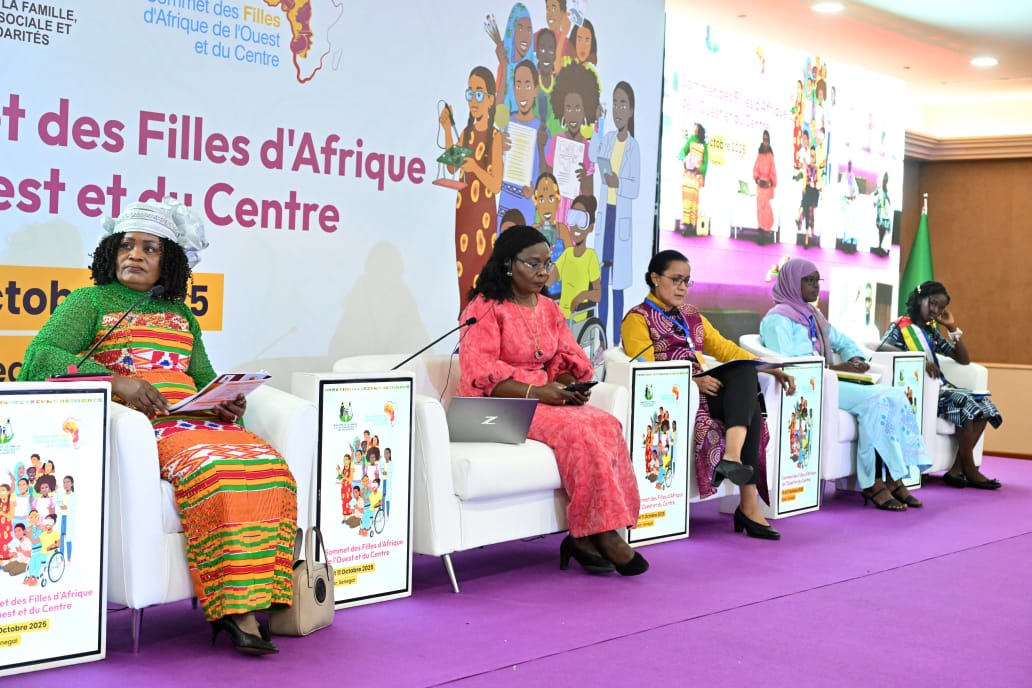



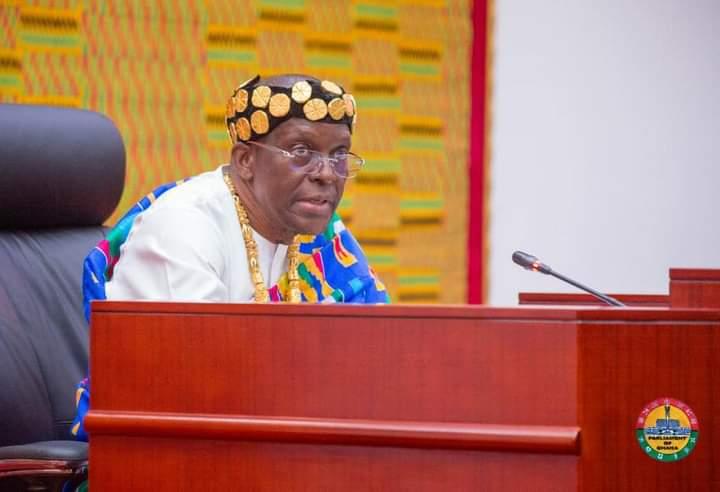
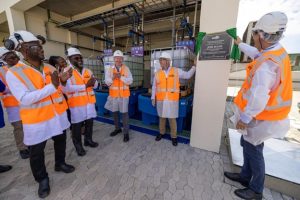



Facebook
Twitter
Pinterest
Instagram
Google+
YouTube
LinkedIn
RSS